Scrolling through your social media, you may have come across posts, or ads by your favorite bars or restaurants with job openings. Keep scrolling. You’ll see more.
Ever since the food and beverage scene came roaring back to life again after the COVID lockdowns, venues have been having difficulty finding staff to back the bars and kitchens.
Undervalued from the start
Even before the pandemic, it wasn’t always easy to find staff for restaurants and bars; a facet of the deeply rooted inequality, service personnel are rarely valued.
“In other countries, this kind of job is respected by society. It’s just another career choice, a job that pays well enough to support the workers and their families,” said Chennarong “Janz” Bhumichitr, cofounder of Mahaniyom bar. The bar is currently trying to fill at least two job openings.
“But in Thailand, bartenders are looked down as mere mixers. Some people don’t see bartenders as mixologists or anything. They see bartenders as ‘waiters,’” Janz said.
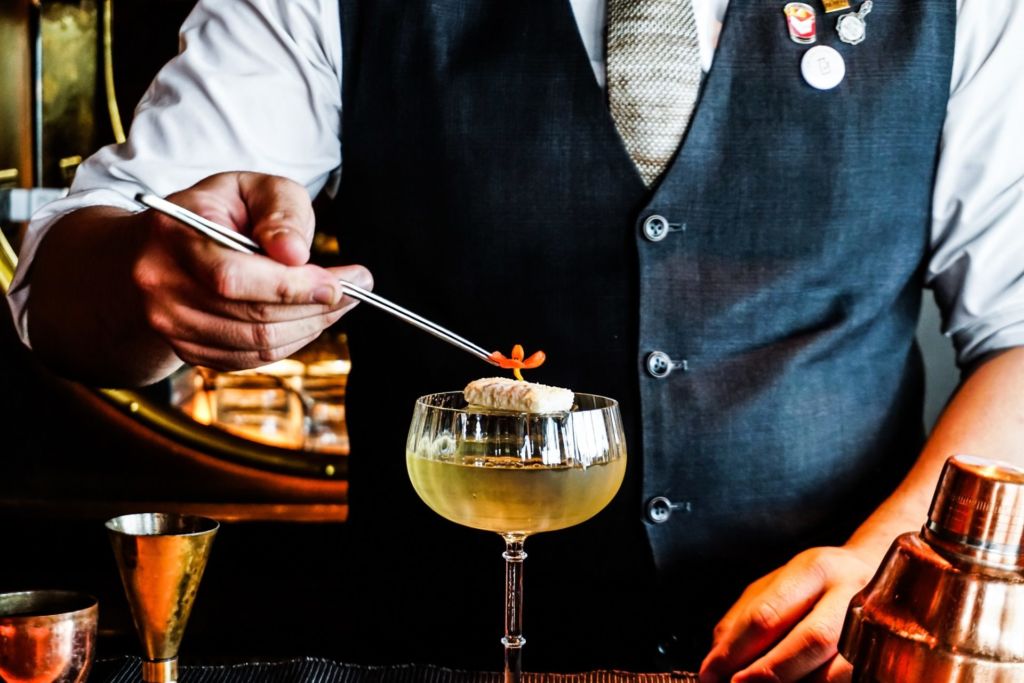
The focus is always on food, never the drinks
Thailand’s laws are unofficially based on religious strictures. Alcohol is a sin. Alcohol is a problem. When something bad happens, booze gets the blame. A public service announcement from over a decade ago preaches that alcohol is for the poor and the stressed.
“The government doesn’t really see the value of the people who work in this industry. [The government] is so backward.” said Supawit “Palm” Muttarattana, the beverage director of Watermelon Group who is behind Bangkok bars like Rabbit Hole, Crimson Room, and Bar Marco.
Palm’s establishments currently have four job openings at four different outlets, and he has been looking for more people to join the team for four to five months.
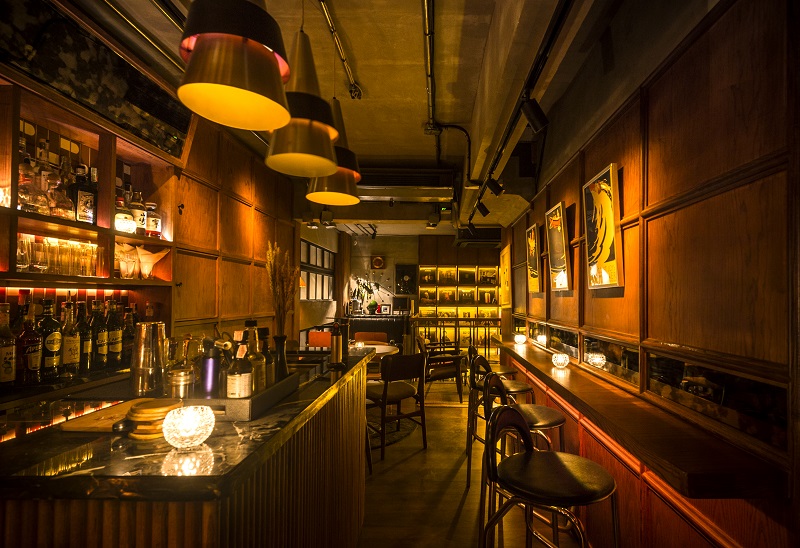
Thailand’s alcohol laws are strict. Neither bar owners nor patrons can post photos of alcohol online, nor are businesses allowed to advertise alcohol.
“If you only keep supporting the food scene but not the drinking scene, it doesn’t create a culture,” Janz said. “These two things go hand in hand. Cocktails are liquid art and these professionals are the front door greeters to our country.”
“The moment anything goes wrong with Thailand, the first thing they [the government] do is to close the bars,” said Pongcharn “Top” Russell, the chef partner at Mia Restaurant. He has been looking for new staff for his restaurant for the past six months now.
“They don’t realize how much of a livelihood it is to the country. So, I’m not surprised if people don’t want anything to do with a bartending career. They play with people’s lives.”
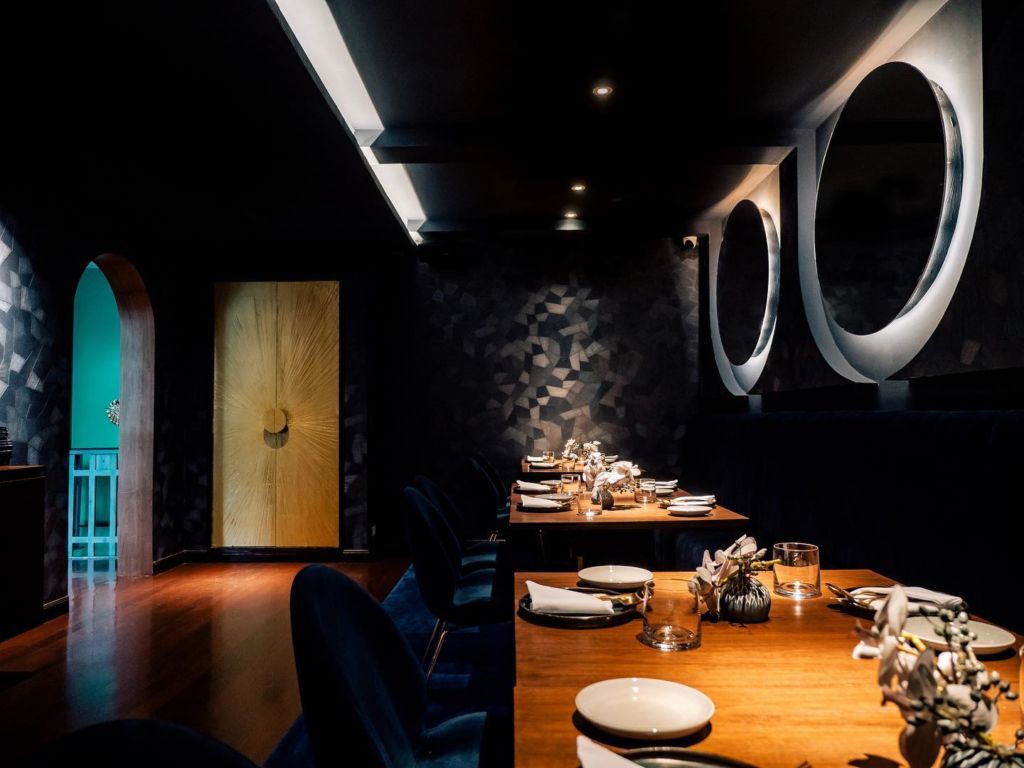
Not enough training
When society, country, and government don’t value service people, young people don’t grow up dreaming of working in a bar or a restaurant. Few schools or universities groom students for the service industry, and the training programs that do exist are out of date.
“The pool of these professionals is already quite small to begin with, there’s never really enough training,” Top said. “On top of that, the rate of new businesses opening also means there are not enough new young gen for the market.”
To have a team that’s up to the standard, many of Bangkok’s F&B establishments end up training their own staff.
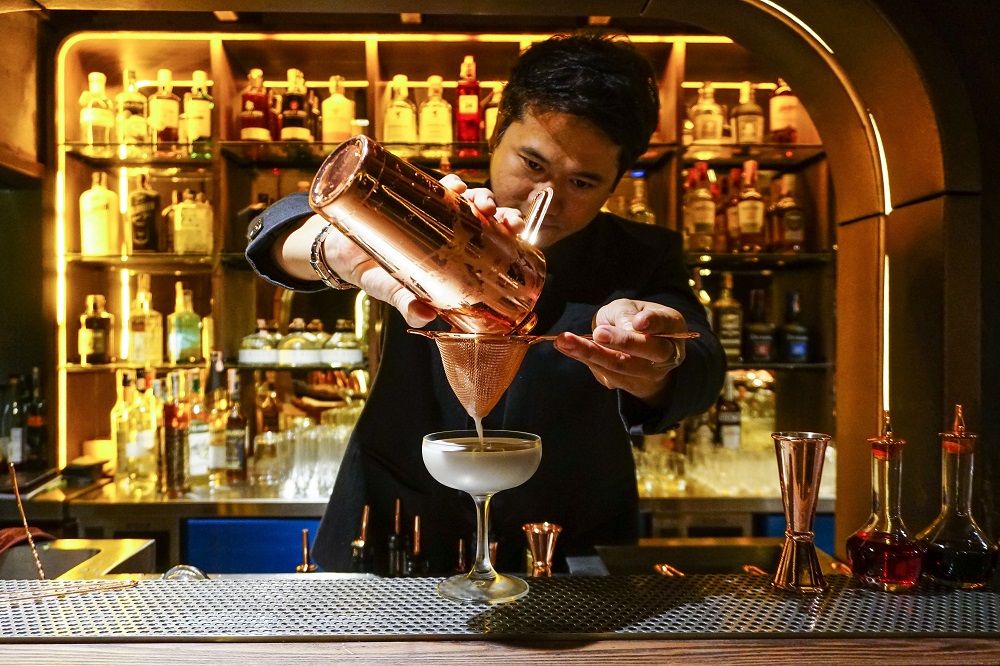
“At Mahaniyom, we always recruit people with no experience and we train them ourselves,” Janz added. “The other owners and I always make sure to interview people for the job ourselves, because we need to check their attitude, mindset, and passions. For the skills part, we can train them with no problem.”
Over at Chinatown’s Soi Nana, Niks Anuman-Rajadhon — the boss of Teens of Thailand, Asia Today, Black King Bar, Tax, and Independence Bar — has the same process and requirements. He is looking to hire 20 more staff by this year for his new openings around Thailand.
“The industry is going through a shortage in staff for sure, because the pool was not big to begin with,” Niks said.
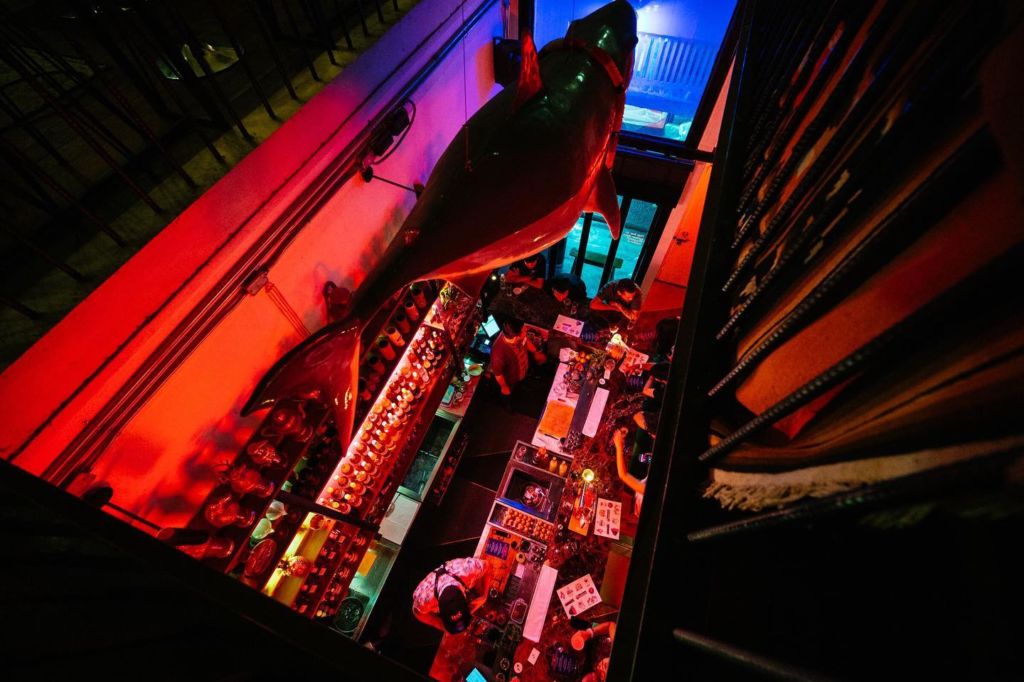
COVID made it worse
Thailand was the first country hiy by COVID-19 outside China, but the government’s handling of the pandemic left workers in the restaurant and bar industry insecure. The authorities shuttered restaurants and bars, with restaurants forced to delivery services and new regulations prevented the sale of alcohol online.
“COVID happened, causing that pool to be even smaller,” Top said.
Receiving little to no support from the authorities, F&B industry professionals left to pursue more stable interests.
More than three million jobs were lost in the hospitality and tourism sector in Thailand since the pandemic began. The Ministry of Tourism and Sport alleges 6.27 million people in Thailand were employed in the hospitality and tourism industry in 2019, falling to 3.34 in 2021, before the onset of the delta variant.
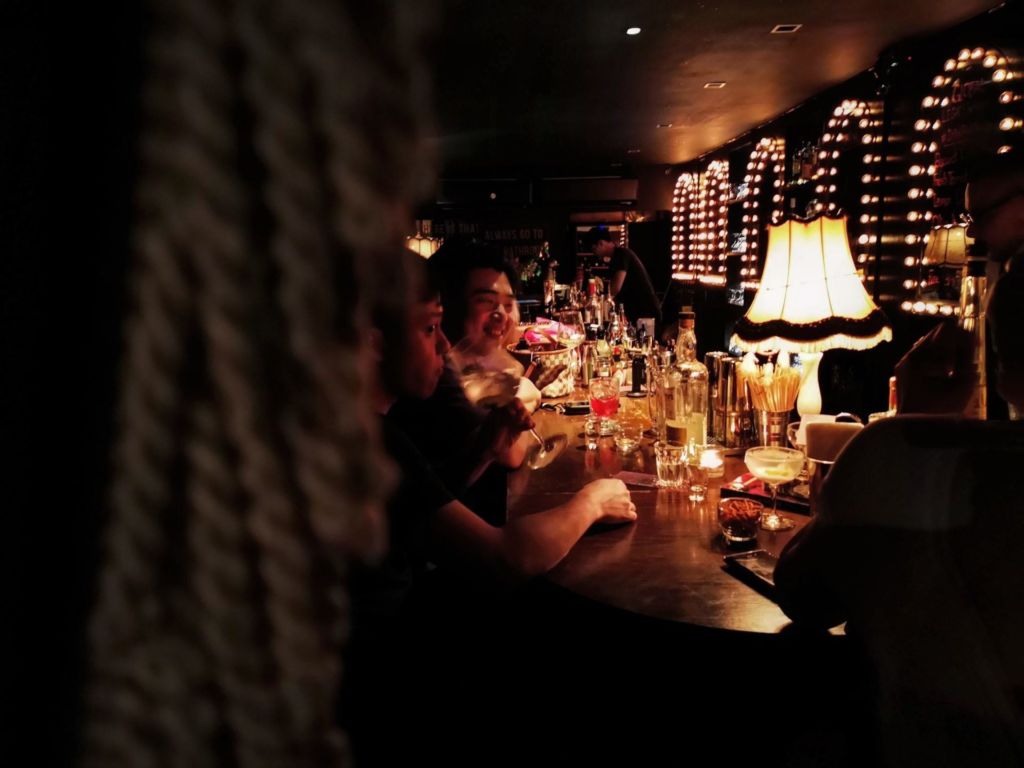
Palm said that back in the day when he would advertise for job openings applicants would rush to apply, even if the money wasn’t that much.
“But people don’t see their future in this industry anymore, even if there’s more money now, because people still think, ‘What if the government orders bars and restaurants to close again?’”




